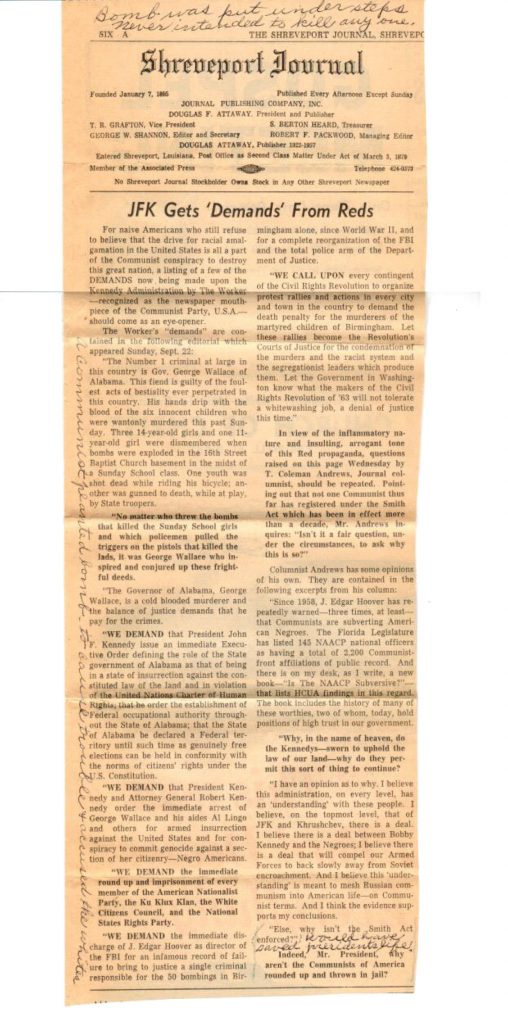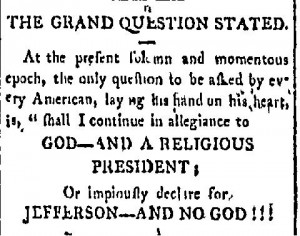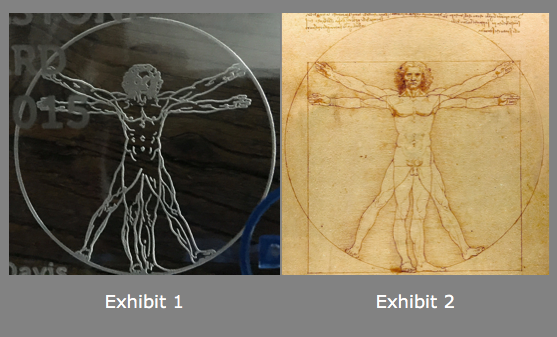 Obama’s post-election press conference was notable for its continued demonstration of adult discourse and values. Especially notable:
Obama’s post-election press conference was notable for its continued demonstration of adult discourse and values. Especially notable:
This office is bigger than any one person and that’s why ensuring a smooth transition is so important. It’s not something that the constitution explicitly requires but it is one of those norms that are vital to a functioning democracy, similar to norms of civility and tolerance and a commitment to reason and facts and analysis.
But ideology in American politics (and elsewhere) has the traitorous habit of undermining every one of those norms. It always begins with undermining the facts in pursuit of manipulation. Just before the election, the wizardly Aron Ra took to YouTube to review VP-elect Mike Pence’s bizarre grandstanding in Congress in 2002:
And just today, Trump lashed out at the cast of Hamilton for lecturing Mike Pence on his anti-LGBTQ stands, also related to ideology and belief, at the end of a show.
Astonishing as this seems, we live in an imperfect world being drawn very slowly away from tribal and xenophobic tendencies, and in fits and starts. My wife received a copy of letter from now-deceased family that contained an editorial from the Shreveport Journal in the 1960s that (with its embedded The Worker editorial review) simultaneously attacked segregationist violence, the rhetoric of Alabama governor George Wallace, claimed that communists were influencing John F. Kennedy and the civil rights movement, demanded the jailing of communists, and suggested the federal government should take over Alabama:
The accompanying letter was also concerned over the fate of children raised as Unitarians, amazingly enough, and how they could possibly be moral people. It then concluded with a recommendation to vote for Goldwater.… Read the rest








